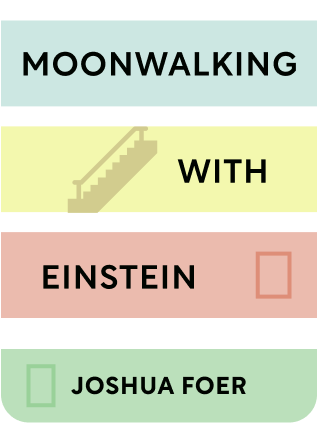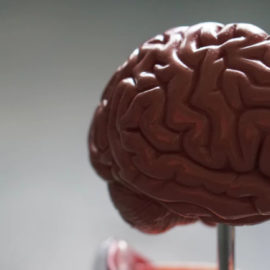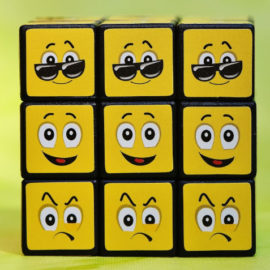

This article is an excerpt from the Shortform summary of "Moonwalking With Einstein" by Joshua Foer. Shortform has the world's best summaries of books you should be reading.
Like this article? Sign up for a free trial here .
What are memory cues, and how do they work? Can you teach yourself to have stronger memory cues, or different cues?
Memory cues are associations we have that spark memories. Often, these cues are physical objects. They can also be words, sounds, or other memories. Humans have a very cue dependent memory.
Scientists don’t full understand how memory cues work, but they do believe memories can move around in our brains. Read more about retrieval cues below.
Why Do We Have Memory Cues?
Science doesn’t fully understand how memory works yet, but it does know that our brains are a network of neurons, and an individual memory is a group of connections between neurons. Memory cues help us make those connections.
Additionally, memories aren’t stored in any linear way; they’re stored in a web of associations. This is how memory cues come into play. For example, thinking of the word “baker” would probably also make you think about bread, the smell of yeast, your favorite bakery, and so on. This is a cue dependent memory.
To remember something consciously, we need a cue. For example, if you’re trying to remember what your friend’s car looks like, you might have to think more generally about your friend or about cars in order to “search” the web of associations that will eventually lead you to the memory of your friend’s car. These retrieval cues are extremely important in how our memory works.
Baker/Baker Paradox
The Baker/baker paradox is a phenomenon you can manipulate to help yourself remember names. If you’re shown a picture of a person and told her last name is Baker, you won’t remember “baker” as well as if you’re told she is a baker. This is because “Baker,” as a name, is an abstract concept without much to associate with it. As a profession, however, “baker” is associated with things like flour, the smell of cookies, the heat of an oven, and so on.
To remember people’s names, create an image that combines what they look like with a visual of something that will cue a memory of their name. For example, the name Joshua Foer could be remembered by imaging Joshua (he looks like this) joshing you so hard you break into four pieces.
Forgetting—And Remembering
Now that we’ve explored the facets of memory, it’s time to look at its opposite—forgetfulness. Do our brains ever actually forget things, or do memories simply become inaccessible after a certain amount of time? Have our brains permanently and perfectly recorded everything that’s ever happened to us, and we’ve only forgotten because they’re all cue dependent memories and we don’t have the right cue?
In the 1980s, most psychologists believed that we never forgot anything. There were a couple of studies that seemed to support this:
- From 1934 to 1954, neurosurgeon Wilder Penfield probed the brains of epileptic patients. He was trying to cure epilepsy, but what he discovered was that when he probed temporal lobes, the patients suddenly remembered things they’d forgotten in vivid detail.
- From 1978 to 1984, psychologist Willem Wagenaar kept a diary of memorable events that occurred each day. In 1984, he looked back at his records and searched his memory for the events. He had no memory of the oldest 20% of memories and asked people he’d been with during the time to cue him. Once cued, he was able to remember the event.
However, over the last 30 years, psychologists have changed their minds about these retrieval cues. Neuroscientists have discovered that at the cellular level, memories disappear over time. Most think that Penfield’s probing cued hallucinations rather than genuine memories.
Memory cues can often seem like they’re random. But your brains are working hard to recall memories, and we continue to learn about the process.

———End of Preview———
Like what you just read? Read the rest of the world's best summary of Joshua Foer's "Moonwalking With Einstein" at Shortform .
Here's what you'll find in our full Moonwalking With Einstein summary :
- The memory techniques that took the author from novice to US memory champion in one year
- The 6 key types of memory we use everyday
- Why memory isn't just genetic, and how you can improve your memory with the right techniques






